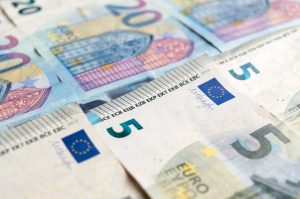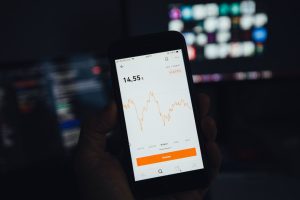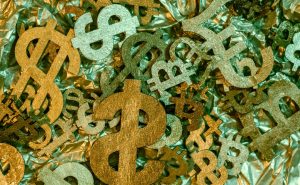The forex, or foreign exchange market, is the largest financial market in the world. It has an average daily turnover of over $5 trillion, making it a highly lucrative market for investors and traders alike. However, the forex market is also highly complex and can be volatile, making it difficult for individual investors to navigate. This is where banks come in. Banks are the primary players in the forex market, controlling a significant portion of the daily trading volume. So why do banks control forex?
One of the primary reasons why banks control forex is due to their ability to access large amounts of capital. Banks have access to vast amounts of capital through their depositors and investors. This allows them to leverage their resources and invest in the forex market on a large scale. This gives them an advantage over individual investors who may not have access to the same level of capital.
Banks also have access to advanced trading technologies and resources that allow them to trade in the forex market more efficiently and effectively. They have teams of experienced traders who can analyze market trends and make informed trading decisions. They also have access to sophisticated trading platforms that allow them to execute trades quickly and efficiently.
Another reason why banks control forex is due to their ability to manage risk. The forex market is highly volatile, and there is always a risk of losing money. Banks have sophisticated risk management systems in place that allow them to minimize their exposure to risk. They also have the resources to absorb losses if they occur. This gives them an advantage over individual investors who may not have the same level of risk management capabilities.
Banks also have a significant influence on the forex market due to their role as market makers. Market makers are entities that provide liquidity to the market by buying and selling currencies. Banks are one of the largest market makers in the forex market, and they play a crucial role in ensuring that the market remains liquid. This allows investors and traders to buy and sell currencies without significant price swings.
Banks also control forex because they have access to information that individual investors may not have. Banks have access to a range of market data and analysis, which allows them to make informed trading decisions. They also have access to insider information and can use this to their advantage in the forex market. This gives them an advantage over individual investors who may not have access to the same level of information.
Finally, banks control forex because they are regulated by central banks and other regulatory bodies. This ensures that the forex market remains stable and secure. Banks are required to follow strict regulations and guidelines when trading in the forex market. This helps to prevent fraud and other illegal activities in the market.
In conclusion, banks control forex because of their access to capital, advanced trading technologies, risk management capabilities, influence as market makers, access to information, and regulation by central banks and other regulatory bodies. While individual investors can also participate in the forex market, they may not have access to the same level of resources and information as banks. As such, banks will continue to play a significant role in the forex market for the foreseeable future.





